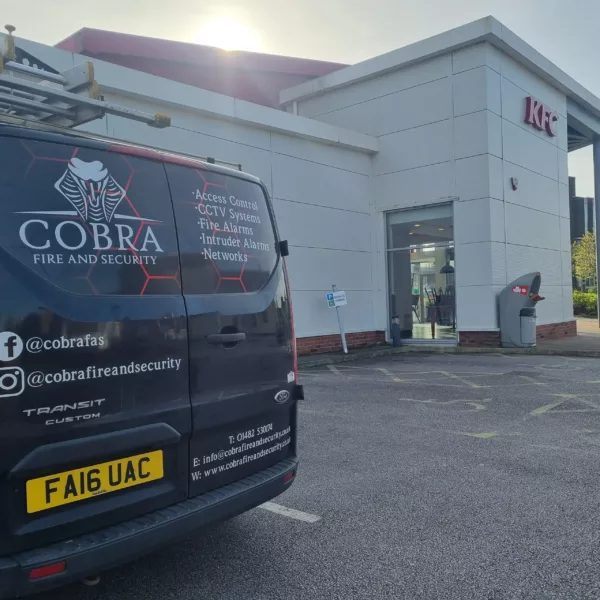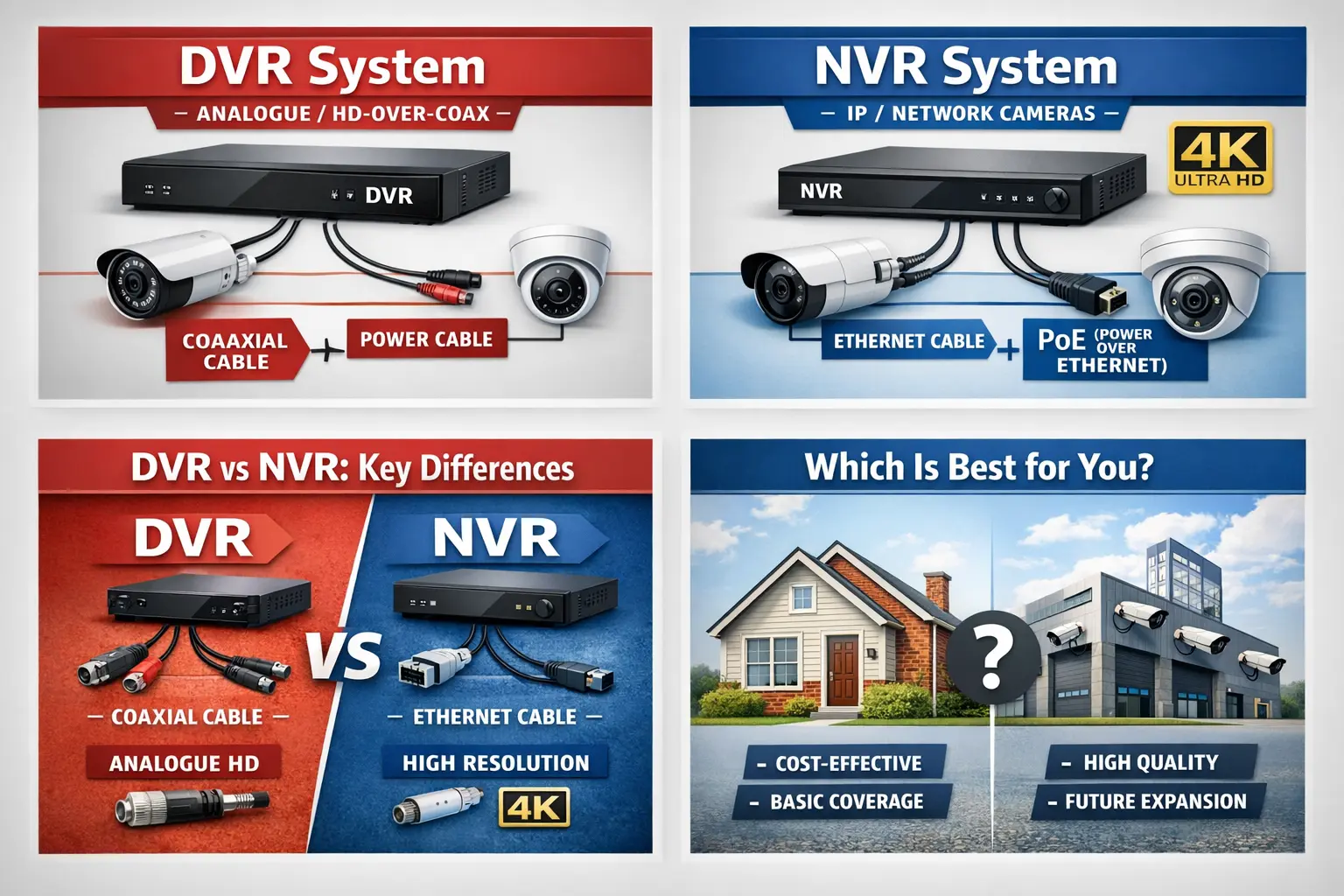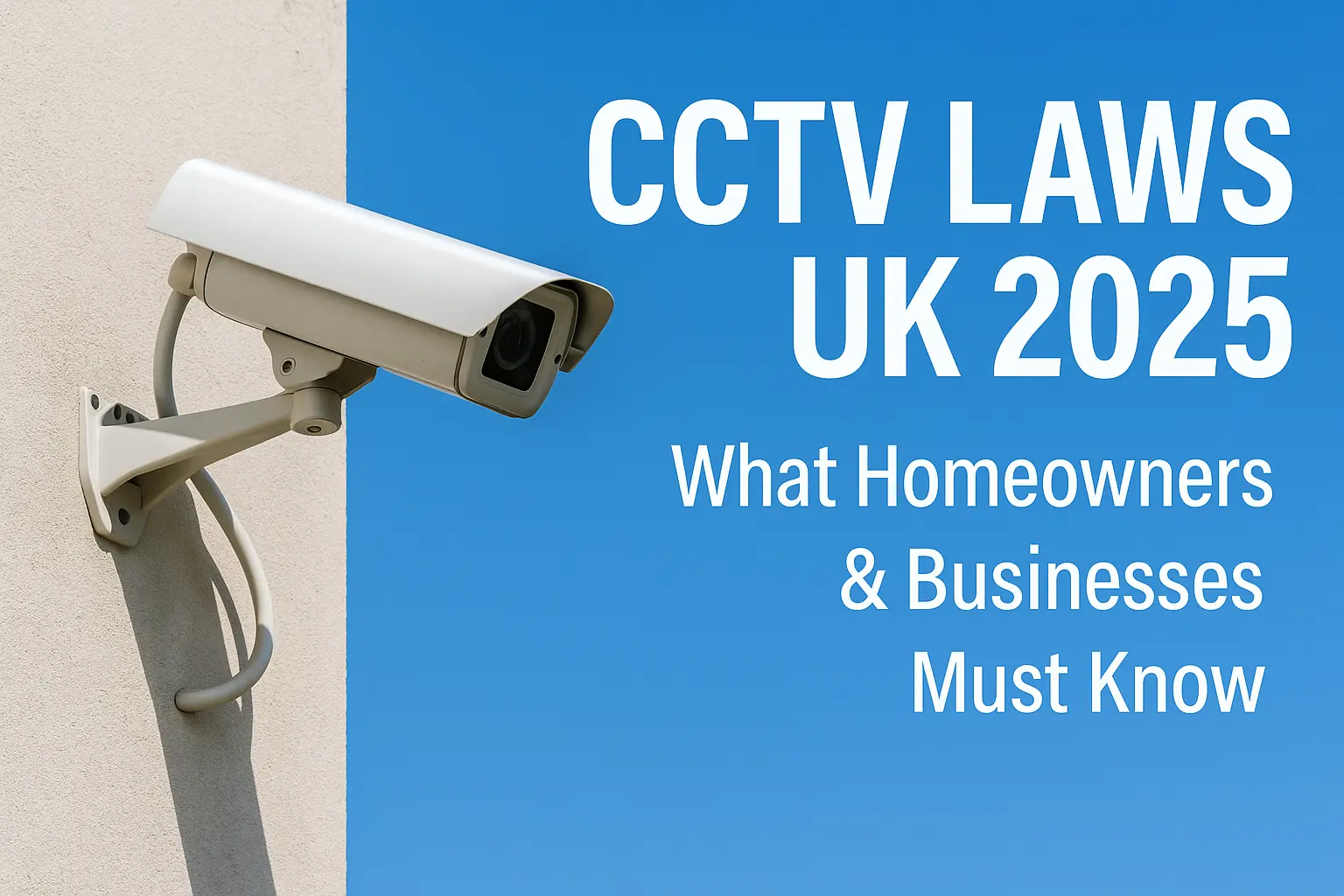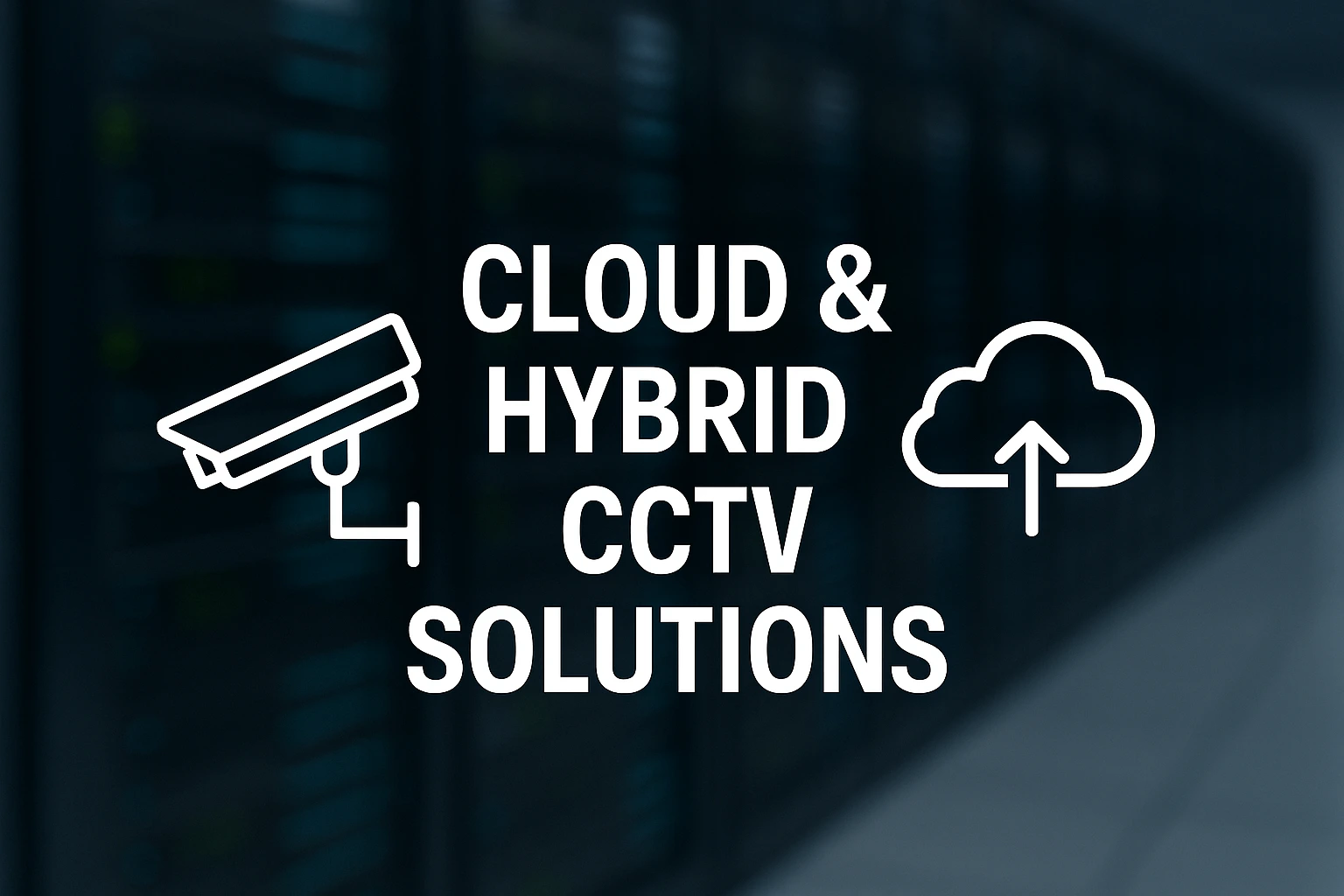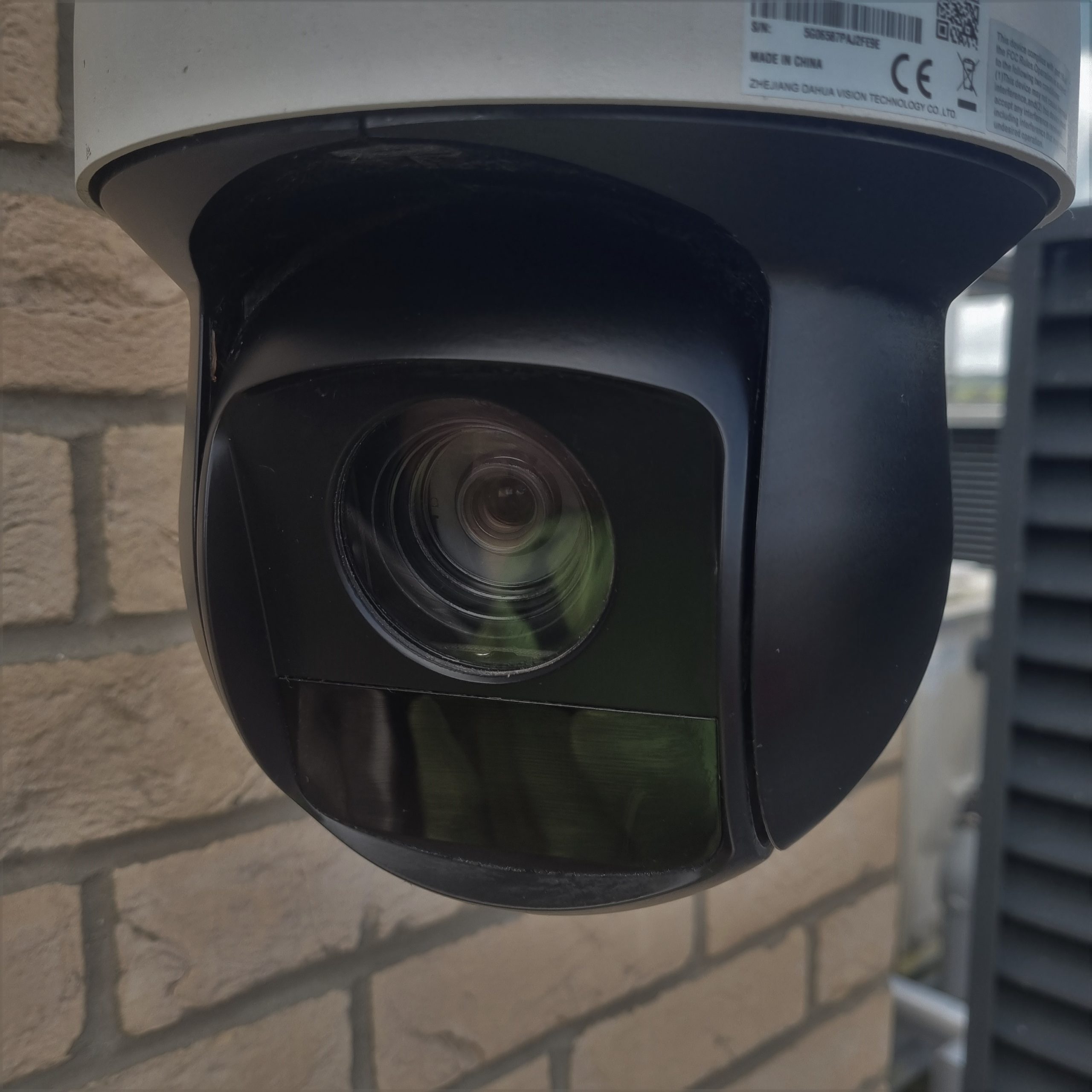
What Does CCTV Stand For? (And What It Actually Means)
Most people know CCTV helps protect homes, shops and workplaces — but what does CCTV actually stand for?
CCTV stands for Closed-Circuit Television.
“Closed-circuit” simply means the video is not broadcast publicly. Instead, it’s sent only to a specific recorder, monitor, or network — usually for security and surveillance.
So unlike normal television, where anyone can tune in, CCTV is private and controlled.
Why is it called “Closed-Circuit Television”?
The name comes from how early systems worked.
Traditional TV broadcasts went out to everyone, like radio.
CCTV systems created a closed loop — cameras connected directly to chosen monitors.
Today, the idea is the same:
-
cameras → recorder → authorised users only
Even with modern apps and remote viewing, access is controlled — usually through usernames, passwords, and permissions.
If you’re planning a new system, our CCTV installation services explain how we design systems around your property, not just the equipment.
What is CCTV used for today?
CCTV is used across the UK for:
-
protecting homes and driveways
-
monitoring shops, warehouses and offices
-
reducing theft, vandalism and anti-social behaviour
-
recording evidence after incidents
-
improving safety and visibility in car parks and shared areas
In many cases, CCTV is one of the most effective deterrents when installed properly and positioned well.
Types of CCTV systems
Although the abbreviation stays the same, CCTV systems work in different ways.
1️⃣ Analogue / HD-over-coax (DVR systems)
Traditional wiring with improved HD quality. Reliable and cost-effective.
2️⃣ IP / Network CCTV (NVR systems)
Cameras connect over a network, often using PoE cables. Great for higher resolution and smarter features.
Not sure which is right? Read our guide:
Is CCTV the same as security cameras?
Yes — but CCTV usually refers to a full system, not just the camera:
-
cameras
-
cabling or network
-
recorder (DVR/NVR)
-
storage
-
app or monitoring
-
signage and legal considerations
A Wi-Fi camera in a window isn’t always the same as a professionally designed CCTV system, especially when reliability matters.
If you already have cameras installed, our CCTV maintenance and servicing packages help keep everything working properly.
Is CCTV legal in the UK?
Yes — CCTV is legal when used responsibly.
Businesses and some homeowners must follow rules on:
-
signage
-
data protection
-
footage storage
-
handling requests for footage
If your cameras may capture public areas, neighbours or staff, read our guide:
Do all CCTV cameras record 24/7?
Not always.
Most modern systems can record:
-
constantly
-
on motion
-
on smart detection (people/vehicles only)
-
during certain times
Choosing the right recording mode affects storage costs, performance and retention.
Frequently Asked Questions about CCTV Systems
Surveillance simply means watching over an area to improve safety and security.
Some systems can be, but wired is usually more reliable — especially outdoors.
Yes — most modern systems allow secure remote access via an app.
Not anymore — domestic CCTV is now extremely common across the UK.
Share this article
Written by : Michael Winter
Follow us
A quick overview of the topics covered in this article.
Latest articles
February 15, 2026
February 15, 2026
February 15, 2026
